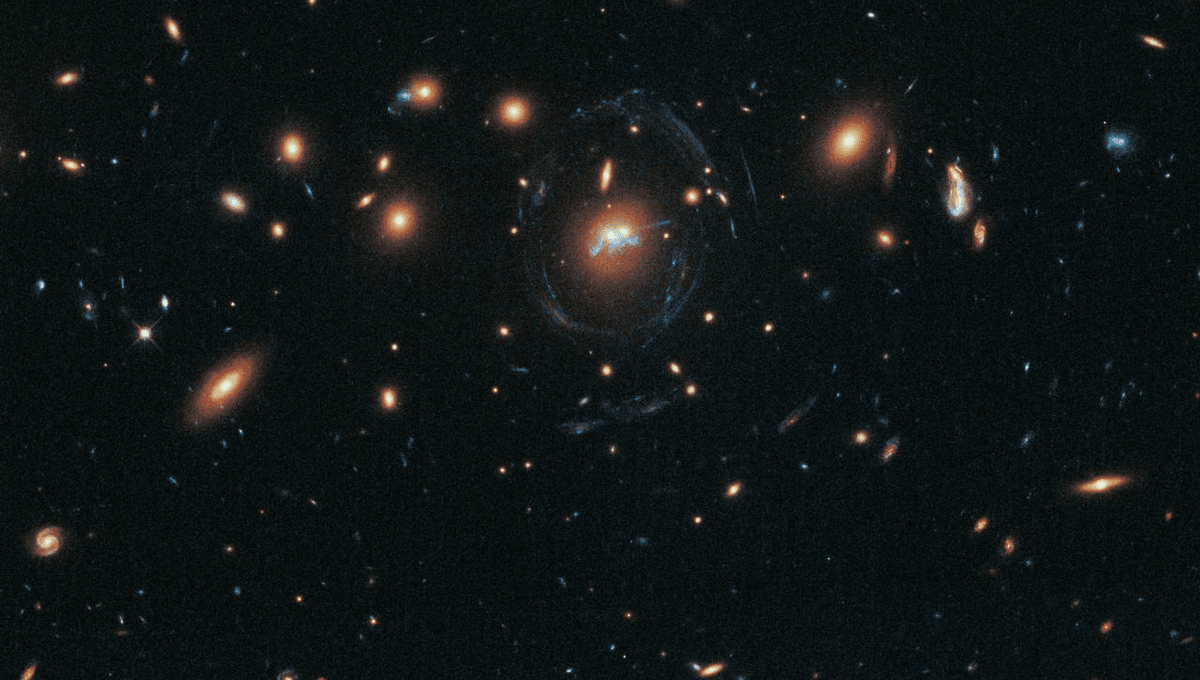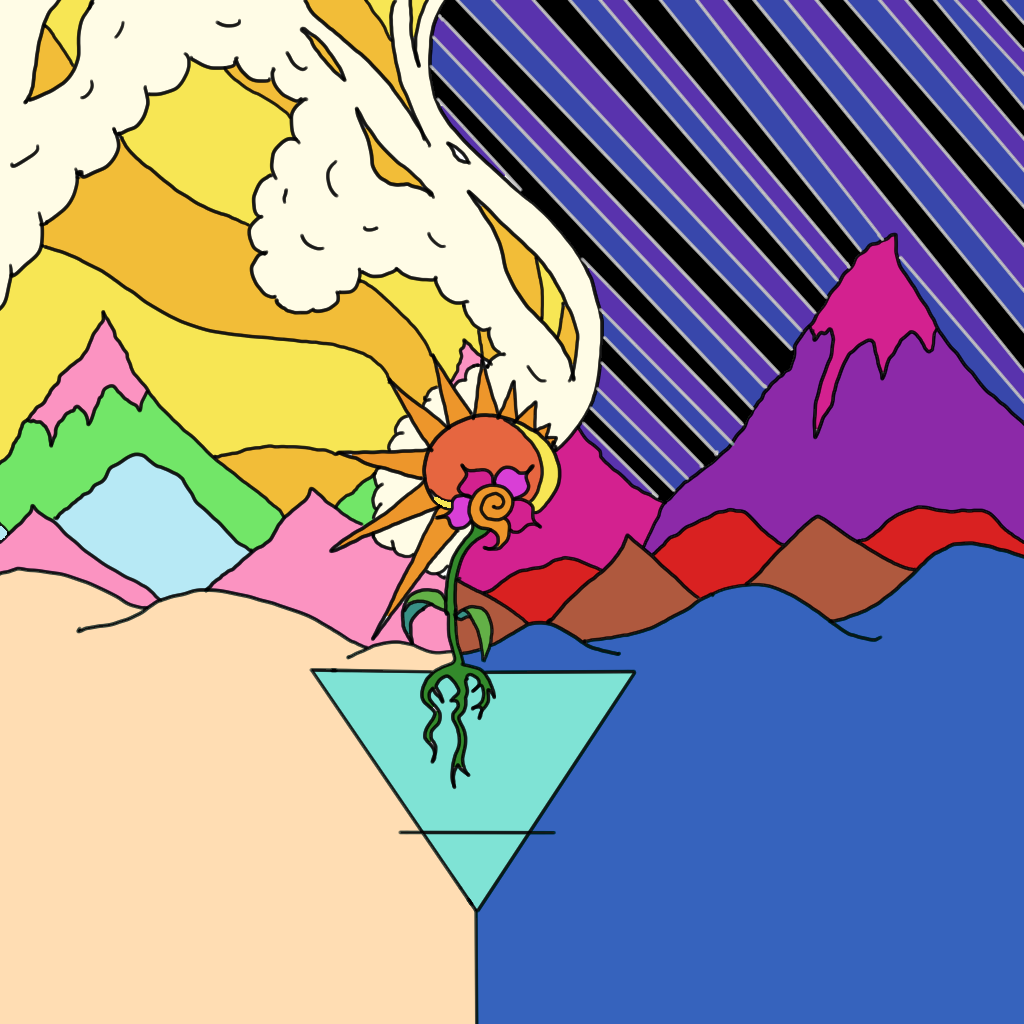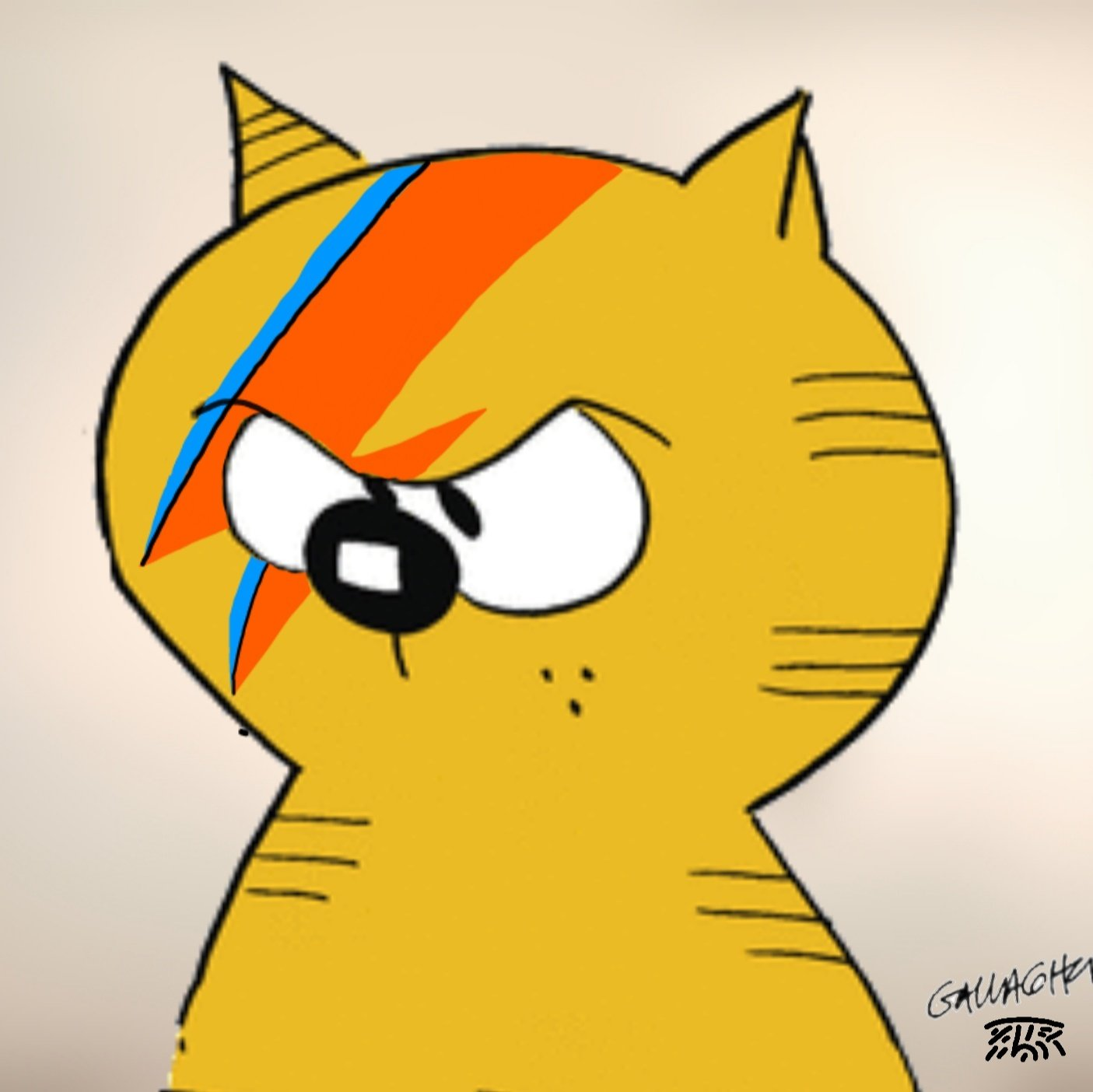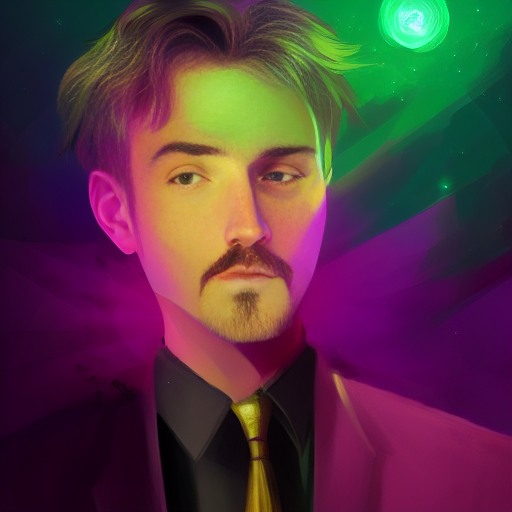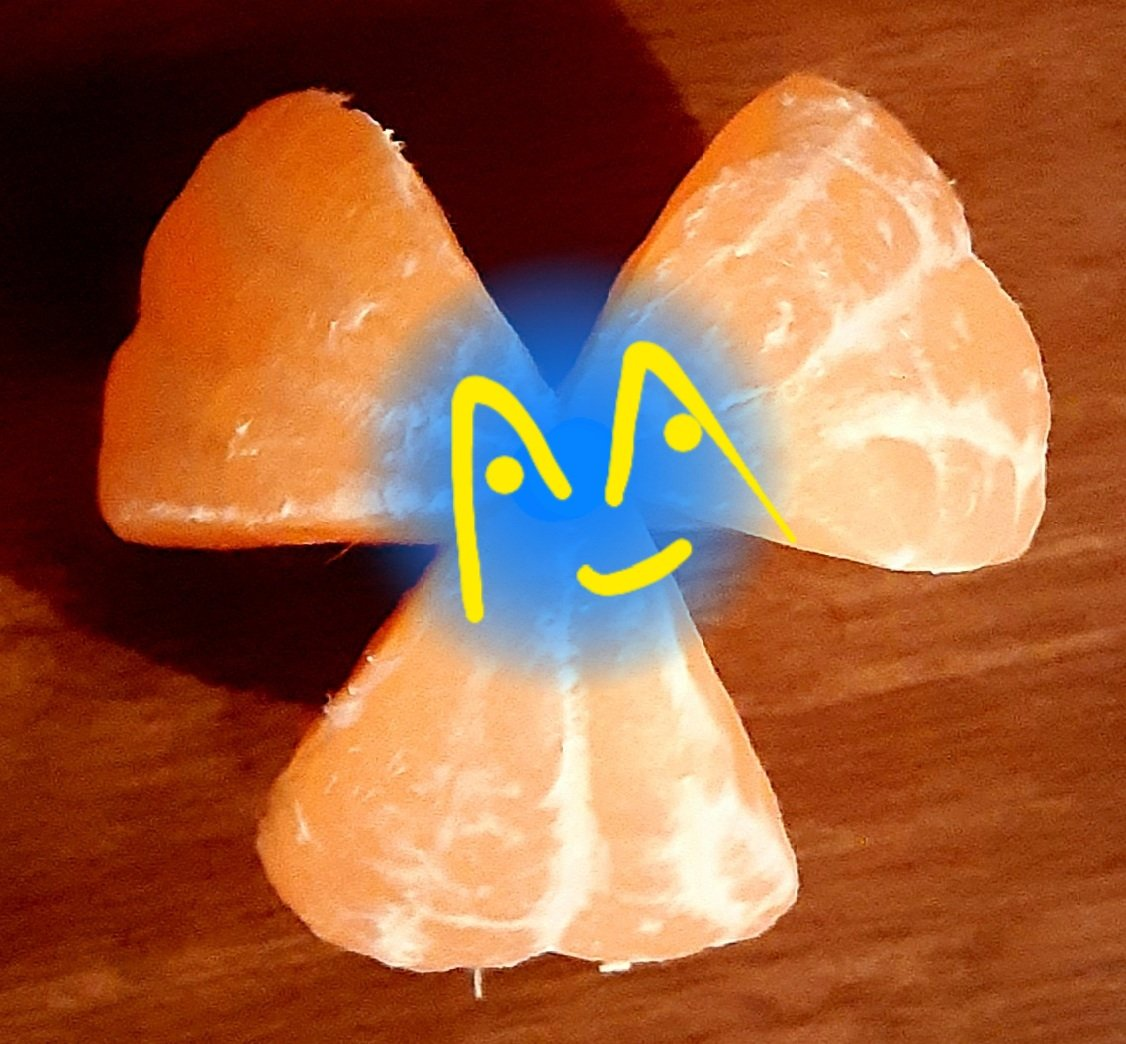One question not raised by the article is: if the observable universe is, in fact, one giant black hole, does that mean our contents are coming from an unobservable universe being absorbed by that black hole? 🤔 This makes my brain hurt just thinking about it.
Maybe we are viewing it inside out and the expanding phenomenon isn’t driven by expanding towards the outer limits by energy of big bang, but rather being drawn in to an infinitely small center by a black hole.
Nah, it can’t be anything involving a well defined centre. The expansion has to occur evenly in all directions, and that has to be true for all points in space.
Found this https://en.m.wikipedia.org/wiki/Black_hole_cosmology
… Or, the Big Bang was a supermassive white hole that was the result of a supermassive black hole at the heart of a galaxy in our parent universe
The observable universe isn’t a black hole, and we’re pretty confident of it, people keep making this observation every few years. There are some interesting analogies between our universe and a black hole, but they’re mostly just general concepts that occur all over the place.
For example, we can create little analogue black and white holes in optical fibres, they even have the same horizons and similar governing equations, but they’re still not black/white holes. You can honestly get the same effect by just being a bad swimmer and getting in a fast moving river.
This is roughly theoretical physicist Lee Smolin’s fecund universes theory. That on the other side of black holes are other new universes and that our own is the other side of a black hole from a parent universe, etc.
The thing about a black hole is that the singularity is actually a forward point in time relative to the outside.
Space and time are the same, so in a space where space is bent so hard that everything falls in, time is likewise bent wildly out of shape.
So basically what this would imply is that the big bang is the point at which the black hole finally exploded and unleashed the built up matter that all reached finally the singularity point at that instant.
I saw the graph the other day in a Facebook s-posting group. I was struck by it because it was the most information dense image I had ever seen given that it contained the whole universe and a little bit extra. But it came with no article so I’m glad to finally have one even if it’s from IFLS.
deleted by creator
Doesn’t that not mesh with the whole “space is constantly expanding” thing?
If the observable universe was all in a black hole, everything would be moving closer together as we get pulled toward the singularity.
…right? Definitely not my area of expertise, but the little I do know is raising a few flags.
Things nearest the center would move towards the center at an accelerated rate. So observation from the perspective of an object falling in the black hole could be everything is expanding? Since everything is getting compressed as it goes toward the center. I’m not an expert on anything but it seems like an intriguing concept.
It won’t work like that, the expansion we observe has no directional bias. If it were due to some collapse to a well defined point, we’d be able to tell the difference.
Iflscience is a pop science website. There’s no guarantee this isn’t bullshit.
You can just read the submission in the AJP issue: https://pubs.aip.org/aapt/ajp/article/91/10/819/2911822/All-objects-and-some-questions
Ifl science was once good, but it’s been click baity junk for as long as I can remember now.
This article is pretty pointless, it’s not a new observation at all but it doesn’t really mean anything. There are a few different reasons we know that the observable universe can’t be a black hole.
From the article:
we learn that the entire observable universe – the area that sits within the “Hubble radius” is also on that line. In other words, if a black hole was as large as the universe we can see, it would have the same density as the universe.
Not saying any of this makes sense, but you seem to be working with different assumptions.
Another narrative could be: As mass gets added to the black hole, it (the universe) grows.
That also isn’t how it works, I’m afraid.
The black hole gets less dense because the so called “event horizon” becomes larger, the space inside doesn’t stretch like we see in the universe.
It’s a little removed from my area, but as I understand it there are similarities in the maths. The observable universe has a horizon in some sense, but it’s not a point if no return like a black hole, so much as a point of “the universe hasn’t existed long enough for anything to be able to travel that far yet”
This has a similar effect as a black hole, but it’s really just a concept we see in perfectly flat empty space, light taking time to move.
There’s also an event horizon where space is expanding away from us rapidly enough that we can never get that far no matter how long we travel.
Oh yeah, that’s also a great point, the Hubble horizon!
It turns out there are a few different horizons in cosmology like that, they really do show up everywhere.
This website has been pumping out sensationalized garbage for over a decade now
@MüThyme @MuThyme@lemmy.world & all.
I still hope for the day when someone will come up with a universe (model) where ordinary matter inside the Hubble sphere stays constant. My reading of the first paragraphs of this article went that way.
However, following the line upwards we learn that the entire observable universe – the area that sits within the “Hubble radius” is also on that line.

Unfortunately, baronic (energy//matter) is escaping from this Hubble sphere. At the present time we don’t know (or don’t have) a good mechanism to replace it. Even worse if the first law of thermodynamics applies then we won’t find such a mechanism.
As the universe within the Hubble radius has grown in size, so has the total mass/energy thanks to increasing dark energy.
So, on the other hand, the increase of dark energy seems to violate this first law. I still hope.
If you’re talking about what I think you are, then yeah I think that’s just how it is. Eventually the only things we’ll be able to see are the galaxies in our local super cluster (I think, this is technically outside my area) and eventually they’ll all combine into a single extremely massive galaxy.
We live in a really unique time where we can detect that the universe is both infinite, and had a beginning. Hell, we live in the only time where we can know that this time is special.
The concept of a static universe died decades ago, so I don’t think we’ll be getting away from this. I don’t really remember what time scale this is on, though if I had to guess it could be somewhere between 100’s of billions to 10’s of trillions of years.
I still like the 3-tauroid theory best, since it can be extended to imply that the universe is expanding and contracting over an infinite period of time extending both forwards and backwards.
Basically, it implies that the universe is breathing, and every fresh inhale births a new possible configuration within infinity, meaning I’ve already explained this to you infinite times, and will again infinitely more times, and just as, you have explained and will explain it to me infinitely as well.


